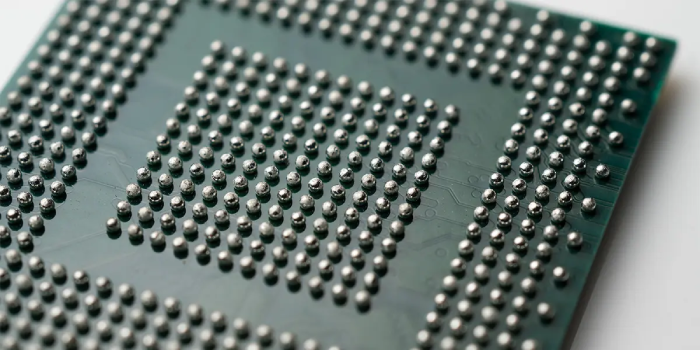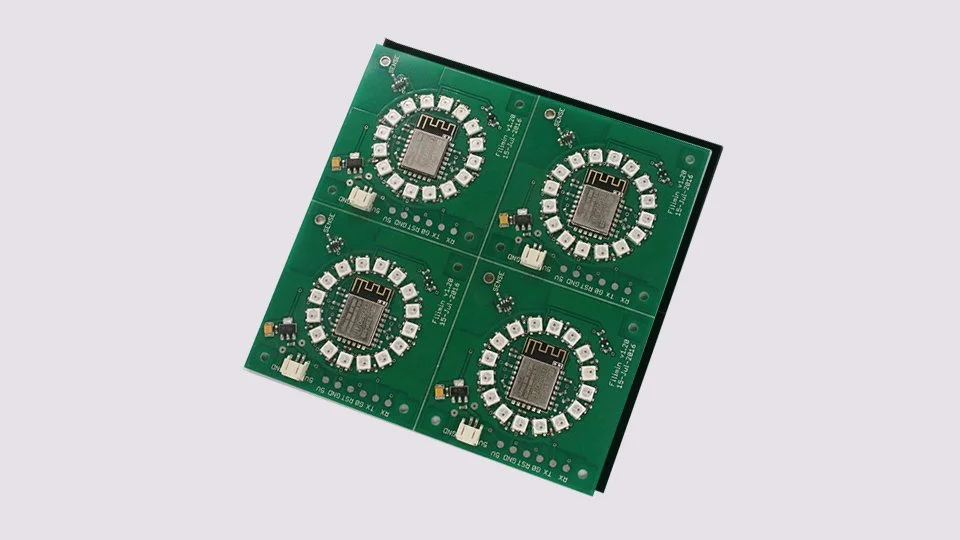Resources
Electronics Assembly and Reliability Resources
Foresite continually provides the electronics manufacturing industry with up-to-date information on manufacturing reliable electronics assemblies, specializing in reducing contamination risk. Many of our industry contributions can be found here.
Articles and Case Studies
Specifications
Foresite PCB Cleanliness Specifications and Limits
Our research sets PCBA cleanliness limits used throughout the industry. Download the specifications.
The Critical Parameters of a No-Clean Process
Control these critical parameters to prevent failures related to the no-clean process.
White Paper
Evaluation of No-Clean Flux Residues Remaining after Secondary Process Operations
This white paper investigates the effects of no-clean flux residues from secondary soldering and cleaning processes.
White Paper
Residue Effects of Weak Organic Acid (WOA) Flux Activators
Flux chemistries that are not properly activated or cleaned are the most common sources of detrimental ionic contamination. This white paper compares and contrasts the various flux chemistry types available, and what their potential effects are on long term product reliability.
Presentation
Foresite and BAE presentation from APEX 2007, updated 2014
An exploration of Cleanliness Assessment Correlation to Electronic Hardware Reliability.
A Comparison of Three Ionic Test Methods
This study investigates the strengths and weaknesses of three different methods used to test for ionic contamination.
White Paper
Cleanliness Requirements: A Moving Target
This white paper explores cleanliness requirements for PCBAs and suggests methods to monitor and assess the cleanliness of electronic assemblies.
Explore the pros and cons of five techniques used for residue analysis on electronics assemblies.
Case Study
Finding Residue Sources Using Process Methodology
This case study shows a real-life example of failure analysis in electronics manufacturing. Download the case study.
Low Voltage, the Incompetent Ignition Source – Dispelling the Myth
Joint research shows microelectronic devices are capable of starting fires.
Additional Resources
Browse an extensive library of 70+ case studies, white papers and resources.




